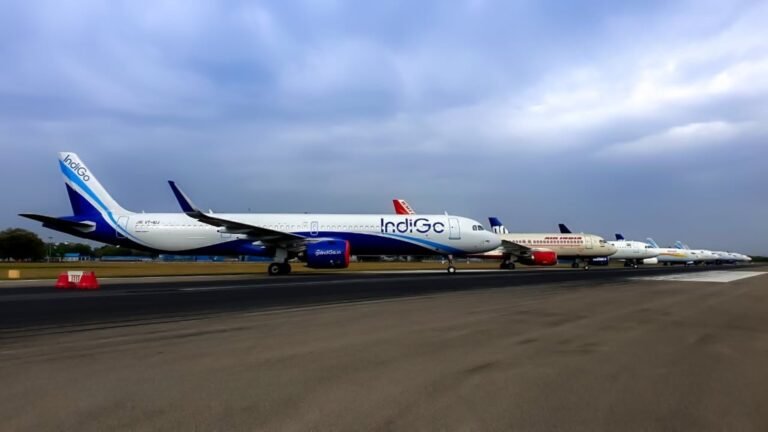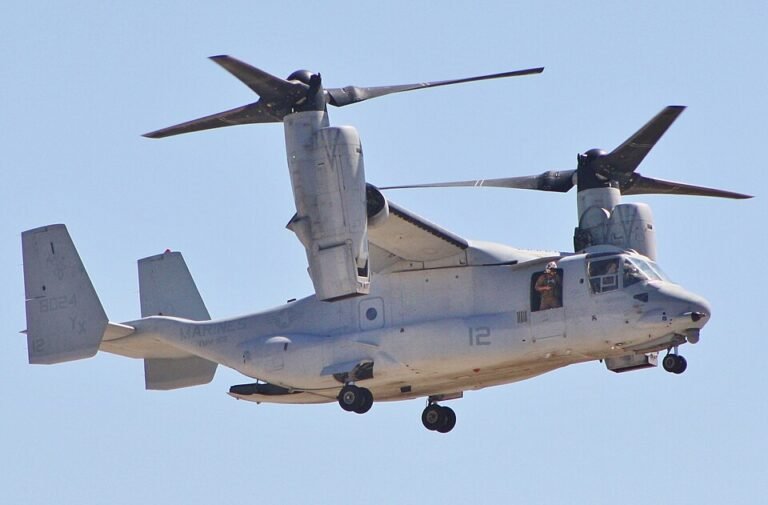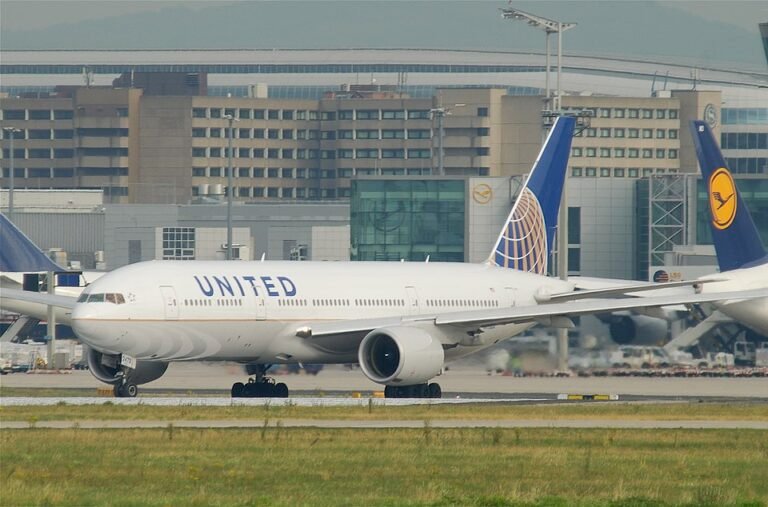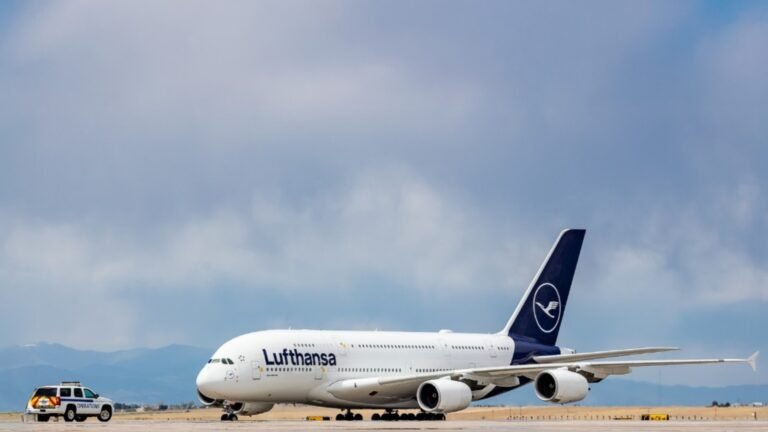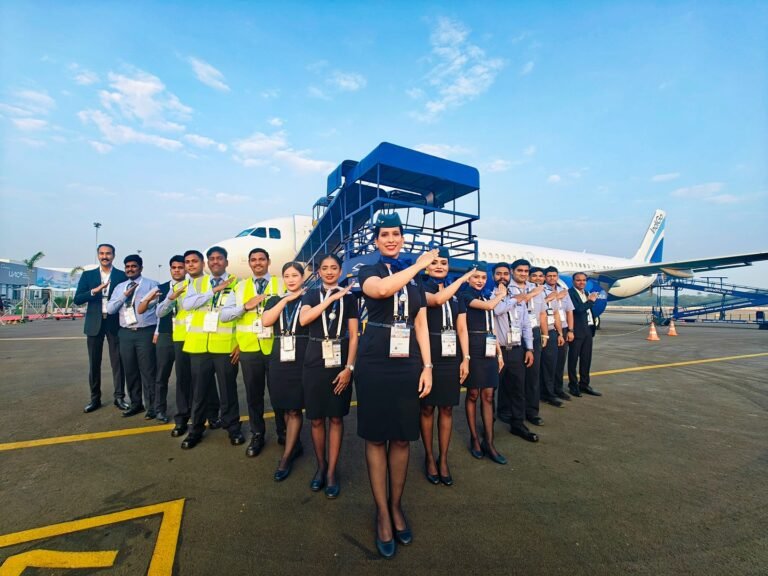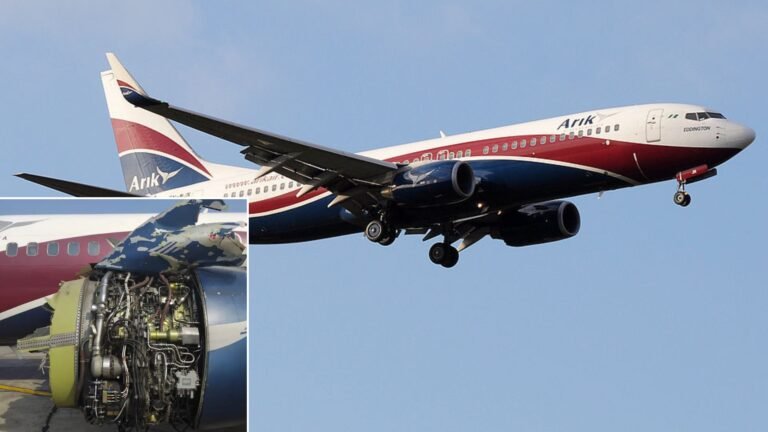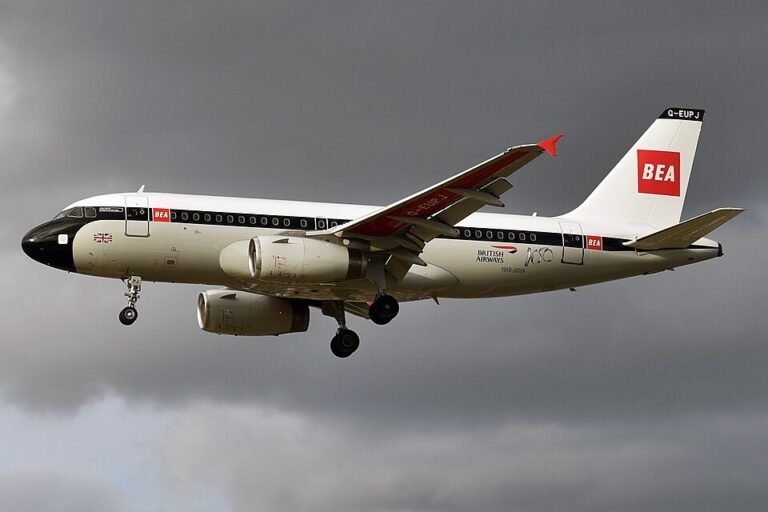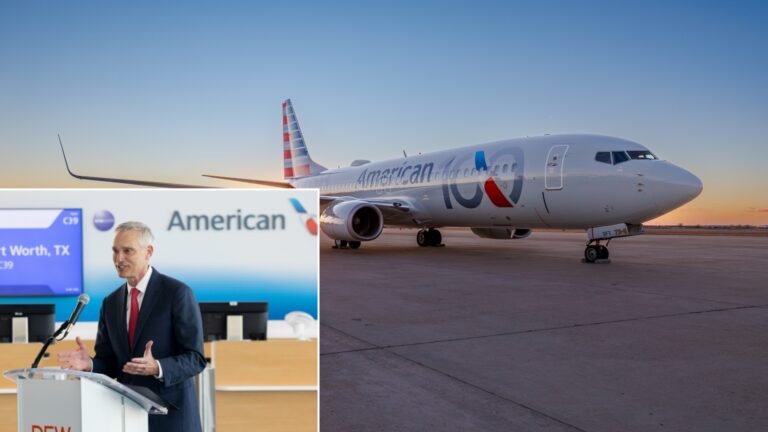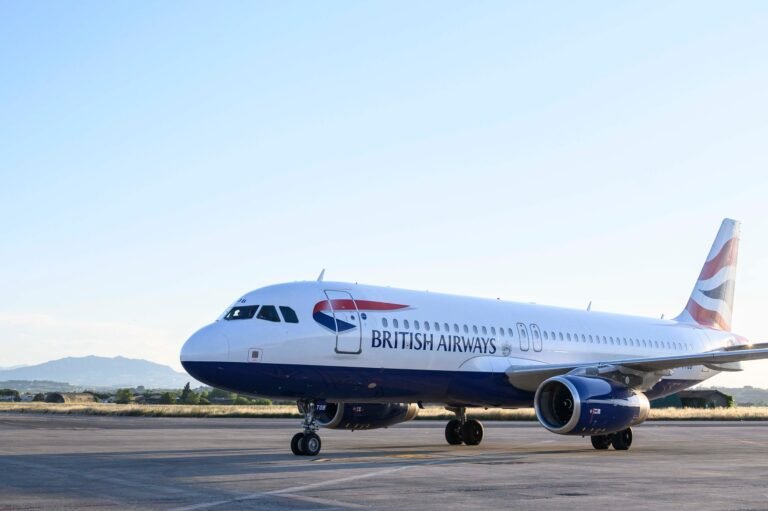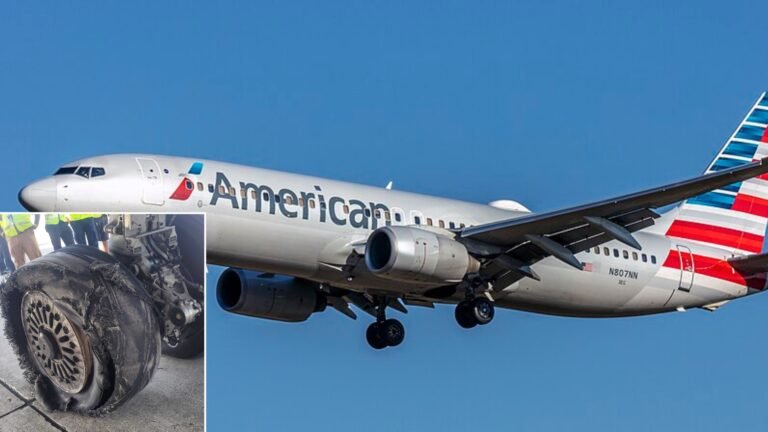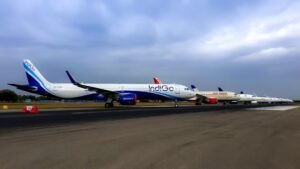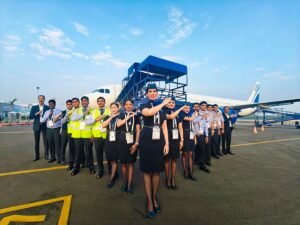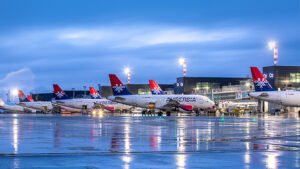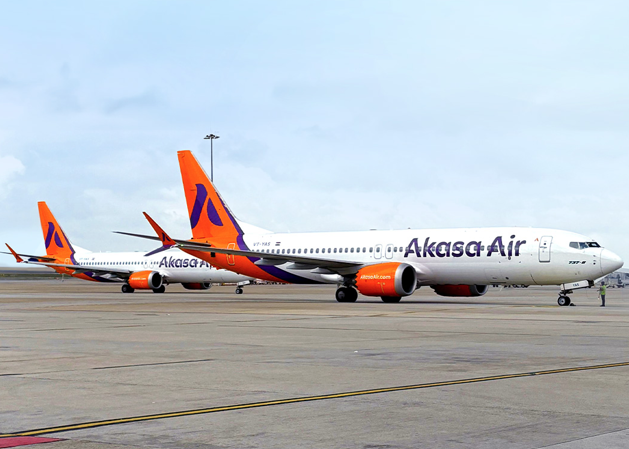
New Delhi, India: India’s youngest airline, Akasa Air, has completed three years of commercial operations and unveiled plans to expand its international footprint into South Asian Association for Regional Cooperation (SAARC) nations and the Association of Southeast Asian Nations (ASEAN) region in the coming years.
The Mumbai-based carrier, which operated its maiden flight on August 7, 2022, has grown into a network covering 28 destinations, 23 domestic and five international cities, including Abu Dhabi, Kuwait, Doha, Riyadh, and Jeddah. The airline said it aims to leverage upcoming infrastructure at Navi Mumbai International Airport and Noida International Airport to deepen its domestic network and support long-haul regional routes.
Akasa Air has carried more than 19 million passengers since inception, including over 8 million in the last 12 months alone. The airline has recorded a consistent load factor above 87 percent and completed over 100,000 departures more than 3,800 of which were international flights. In addition, the carrier has transported over 131,000 tonnes of cargo and secured partnerships with more than 1,150 corporate clients.
The airline currently operates a fleet of 30 Boeing 737 MAX aircraft in 189- and 197-seat configurations. Orders include additional Boeing 737 MAX 8, MAX 200, and MAX 10 aircraft, which will be inducted over the next several years.
Speaking to The Times of India Akasa Air founder and chief executive officer Vinay Dube said Boeing’s production output is “gradually returning to its historic production strength” after a prolonged slowdown, adding that this will allow the airline to receive deliveries on schedule and support its growth strategy.
In the financial year ending March 2025, Akasa Air reported a 49 percent year-on-year increase in revenue and a 48 percent rise in available seat kilometres. The airline has set a target of increasing capacity by over 30 percent in the current fiscal year.
The carrier also entered into a codeshare agreement with Etihad Airways in March 2025, enabling passengers to book combined itineraries across both networks. The partnership is expected to strengthen connectivity to the Middle East and beyond, while providing a platform for future route expansions into Southeast Asia.
Industry analysts note that Akasa’s measured but ambitious growth contrasts with the more aggressive early expansions attempted by some of its predecessors in India’s low-cost segment. With South and Southeast Asia’s aviation markets projected to grow significantly in the next decade, Akasa Air’s entry into these regions could place it in direct competition with established carriers such as AirAsia, Batik Air, SriLankan Airlines, and Malindo Air.
The airline’s leadership maintains that its strategy focuses on disciplined growth and service quality. Akasa Air’s third anniversary underscores its rapid ascent in India’s aviation sector, driven by operational efficiency, prudent fleet expansion, and targeted market entry.

